During wrongful death trials, the presence and testimony of expert witnesses play a pivotal role in establishing liability, proving negligence, and shaping the outcome of legal proceedings.
This blog aims to delve into different types of expert witnesses, shedding light on their significance, qualifications, and the impact they have on wrongful death cases.
What is an Expert Witness in a Wrongful Trial?
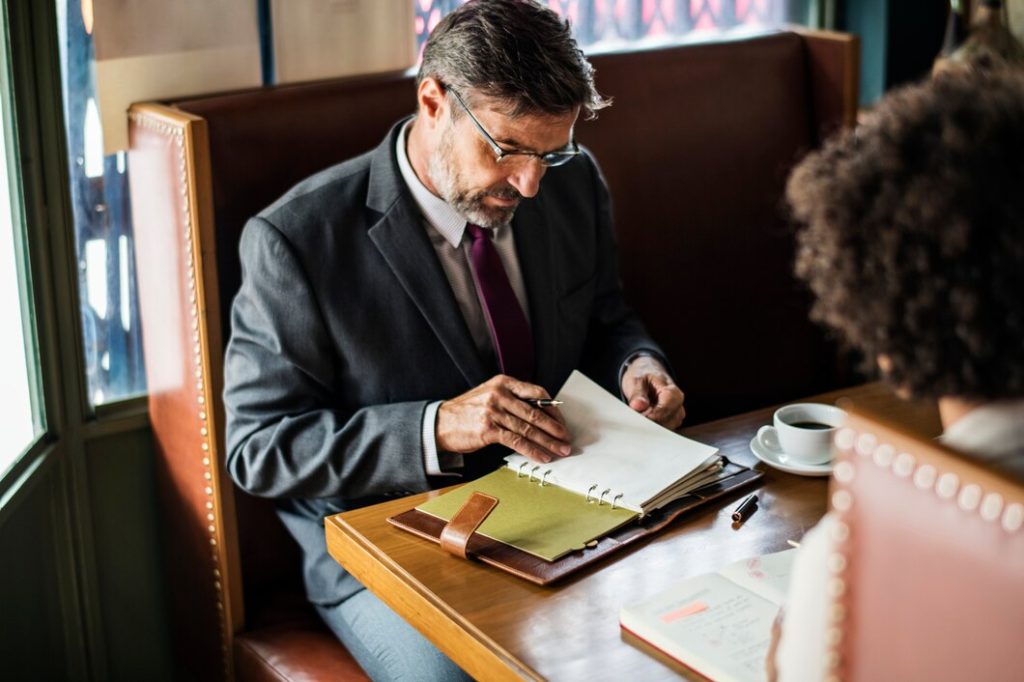
Expert witnesses, in the context of wrongful death trials, are people with specialized knowledge and experience in particular fields that are crucial to understanding the circumstances leading to a fatal incident.
These fields may include medicine, engineering, forensics, accident reconstruction, or any other field relevant to the case. Their role is to assist the deciders in court to understand complex technical or scientific information that the average person might find challenging to comprehend.
Qualifications and Selection Process
The qualifications and selection process for expert witnesses are rigorous, ensuring that only individuals with credible expertise are presented in court. Wrongful death attorneys play a crucial role in the selection process, carefully choosing experts whose testimony aligns with the facts of the case and strengthens their client’s position.
Qualifications
- Education and training
- Experts should possess relevant academic qualifications and professional training in their field of expertise.
- Higher degrees, certifications, or specific training related to the subject matter strengthen an expert’s credentials.
- Experience
- Extensive practical experience in the relevant field is essential.
- The number of years an expert has worked in their field can be an important factor in establishing their credibility.
- Reputation
- A good professional reputation enhances an expert’s credibility.
- Peer-reviewed publications, awards, or recognition in the field can be indicative of expertise.
- Licensing and certification
- In certain fields, experts may need to be licensed or certified by relevant professional bodies.
- Courtroom experience
- Familiarity with legal proceedings and prior courtroom experience can be an asset, as the expert needs to effectively communicate complex ideas to the judge and jury.
- They also need to be able to handle the pressure that may come about from being cross-examined.
- Impartiality
- An expert witness is expected to be impartial and objective. Any potential conflicts of interest should be disclosed.
Selection Process
- Identification of Needs:
- Legal teams identify the specific expertise required based on the nature of the case.
- Research and Shortlisting:
- Attorneys or parties involved research potential experts through databases, professional associations, academic institutions, and referrals.
- A shortlist is created based on the relevance of expertise.
- Vetting and Due Diligence:
- Attorneys conduct thorough background checks to verify qualifications, credentials, and prior expert witness testimony.
- Any potential biases or conflicts of interest are assessed.
- Pre-Trial Meetings:
- Attorneys may conduct pre-trial meetings with potential expert witnesses to assess their communication skills and how well they can articulate complex concepts.
- Retainer Agreement:
- If selected, the expert and the retaining party enter into a retainer agreement, which outlines the terms of engagement, fees, and responsibilities.
- Disclosure of Expert Witnesses:
- Both parties typically disclose their expert witnesses to each other before trial as part of the discovery process.
- Testifying in Court:
- The expert may be required to prepare reports, undergo depositions, and ultimately testify in court. Effective communication skills are crucial during this phase.
Medical Experts in Wrongful Death Cases
Medical experts hold a key role in cases where wrongful death is attributed to medical malpractice or negligence. These experts, who are often physicians with specialized knowledge, can provide insights into the cause of death, the standard of care, and whether the defendant’s actions deviated from acceptable medical practices. Their testimony is instrumental in establishing a direct link between the defendant’s conduct and the tragic outcome of death.
Accident Reconstruction and Engineering Experts
In cases involving fatal accidents, accident reconstruction, and engineering experts play a vital role. These experts use their knowledge to analyze evidence such as vehicle dynamics, crash scenes, and structural failures.
Through simulations and reconstructions, they help the court understand the sequence of events leading to the death. Their findings can be crucial in determining liability and apportioning responsibility among multiple parties.
Forensic Experts and Gathering Crucial Evidence
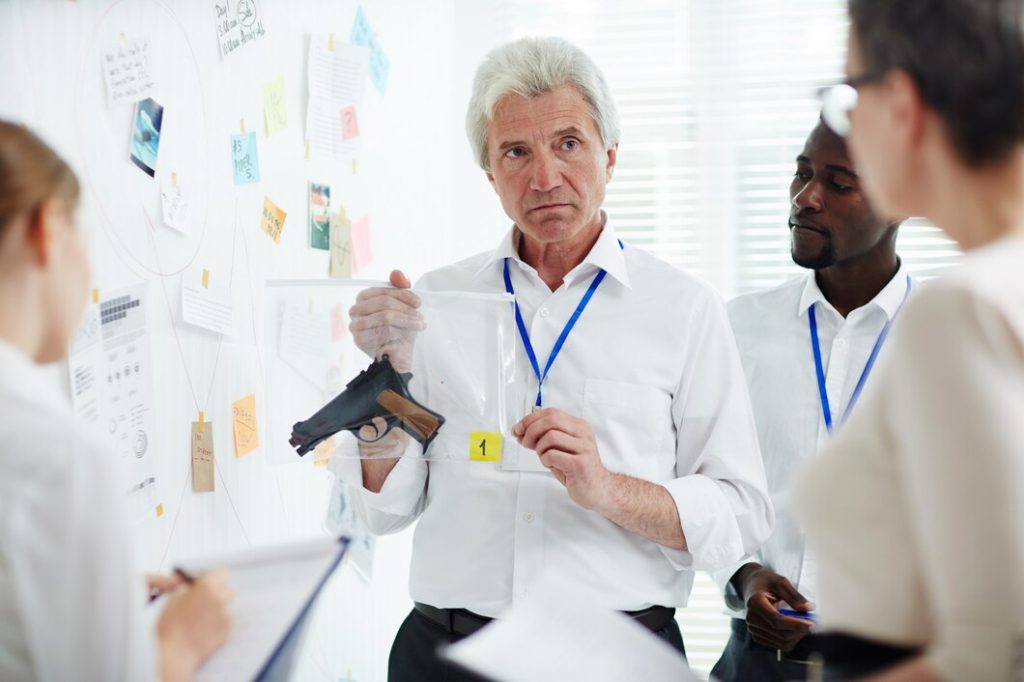
Forensic experts are tasked with collecting, analyzing, and presenting crucial evidence in wrongful death trials. Their expertise extends to areas such as DNA analysis, toxicology, and crime scene investigation. By presenting scientific evidence, forensic experts contribute to establishing the facts of the case and providing the court with a solid foundation for rendering a fair verdict.
Presenting Complex Information to the Jury
One of the challenges in utilizing expert witnesses is presenting complex technical information to a jury made up of people who have different levels of understanding.
Attorneys must carefully explain the significance of expert testimony, breaking down intricate details into digestible information. Visual aids, layman’s terms, and effective communication strategies become essential tools in ensuring that the jury comprehends the technical aspects presented by expert witnesses.
Challenges and Cross-Examination
Expert witnesses are not immune to challenges, particularly during cross-examination by opposing counsel. Cross-examination aims to test the credibility and reliability of expert testimony. Skilled attorneys may employ tactics to create doubt, challenge methodologies, or expose potential biases. Expert witnesses must navigate these challenges while maintaining their professionalism and credibility to uphold the integrity of their testimony.
The Weight of Expert Testimony in Verdicts
The impact of expert testimony on the overall verdict cannot be overstated. In numerous cases, the weight of expert opinions has swayed the jury’s decision, influencing the outcome in favor of the plaintiff or defendant. The ability of expert witnesses to provide clear, compelling, and well-supported testimony often determines the strength of the case presented by both parties.
Legal Standards and Admissibility
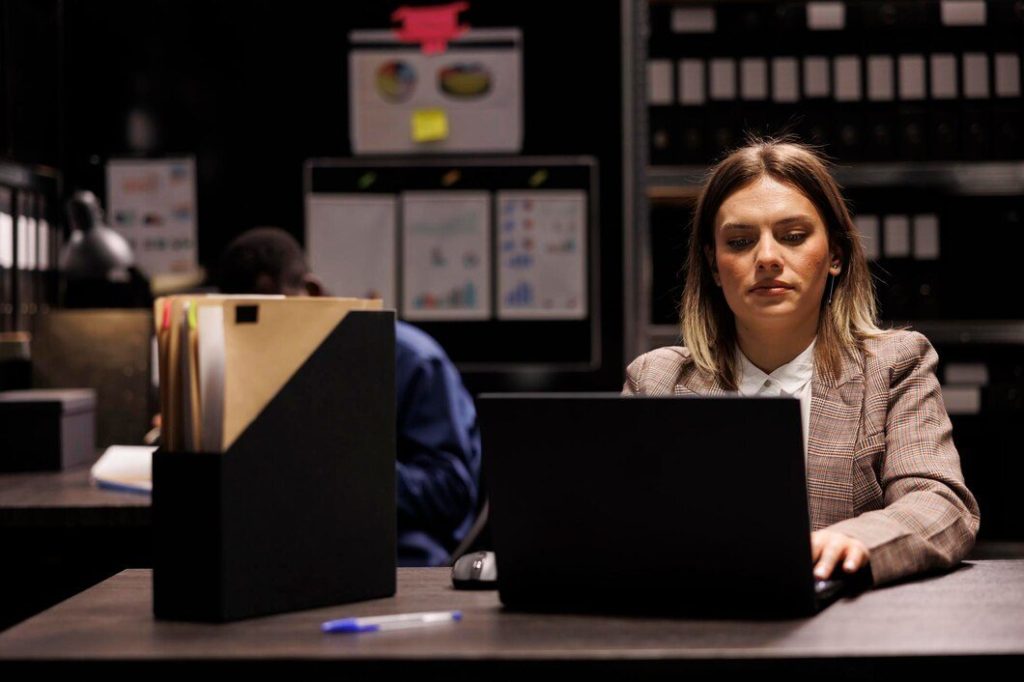
The admissibility of expert testimony is subject to legal standards designed to ensure its relevance and reliability. Courts employ criteria such as the Daubert standard or the Frye test to assess whether expert opinions meet the necessary standards. The goal is to prevent the introduction of unreliable or speculative testimony, maintaining the integrity of the judicial process.
Ongoing Developments in Expert Witness Practices
The landscape of expert witness practices continues to evolve, influenced by technological advancements, changes in legal standards, and shifts in societal expectations. In recent years, advancements in digital forensics, data analytics, and virtual simulations have expanded the scope of expert testimony. Additionally, legal professionals are exploring ways to streamline the process of presenting expert evidence, ensuring efficiency without compromising accuracy.
In conclusion, the role of expert witnesses in wrongful death trials is indispensable, providing a bridge between complex technical information and the legal process. From medical experts unraveling the intricacies of healthcare to accident reconstruction specialists reconstructing fatal events, these professionals contribute significantly to the pursuit of justice.
As wrongful death cases continue to unfold, the reliance on expert witnesses remains a cornerstone for establishing liability, proving negligence, and ultimately, achieving a fair and just resolution.
Read Also:


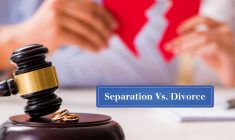
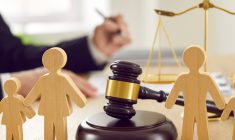

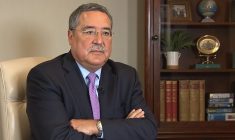
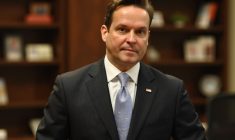
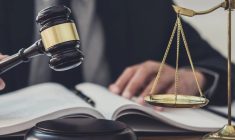





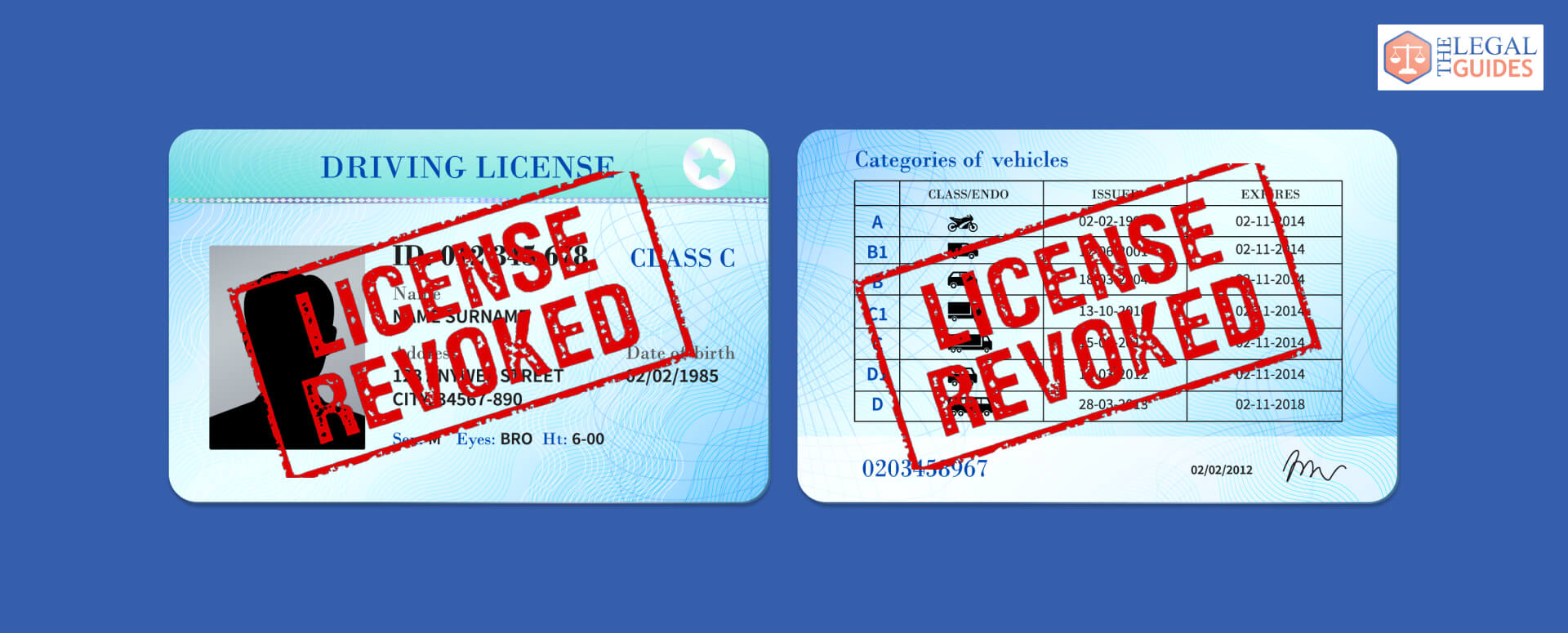


What i dont understood is in reality how youre now not really a lot more smartlyfavored than you might be now Youre very intelligent You understand therefore significantly in terms of this topic produced me personally believe it from a lot of numerous angles Its like women and men are not interested except it is one thing to accomplish with Woman gaga Your own stuffs outstanding Always care for it up
you are in reality a just right webmaster. The site loading velocity is incredible. It seems that you are doing any unique trick. In addition, The contents are masterwork. you have performed a wonderful task on this topic!
business credit score free annual credit report government check my credit score